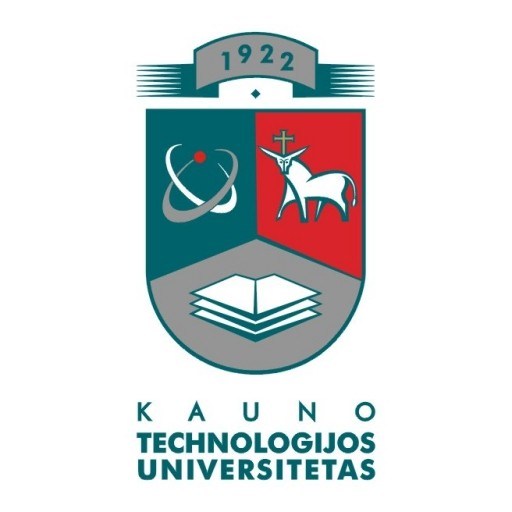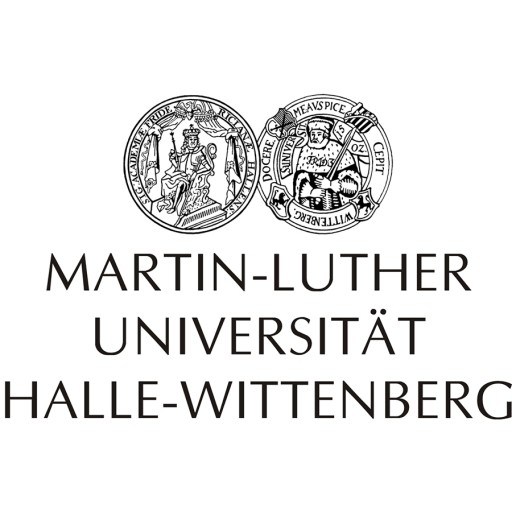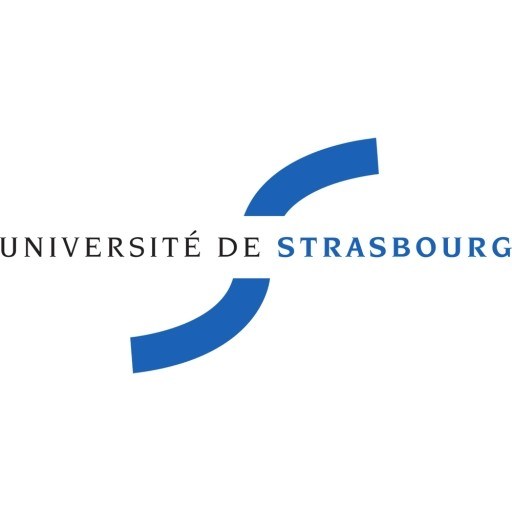Photos of university / #cambridgeuniversity
Between 30 and 40 students are admitted to PhD studies in Materials Science each academic year. The majority begin their studies in October but a small number are admitted in January and April.
Prospective applicants are welcome to make contact with academic staff to discuss the research opportunities available.
The great majority of these are available only to students who pay ‘home rate’ fees. An illustrative list of PhD example projects, showing the breadth of our research interestes, is available from the right-hand menu.
Students should have achieved at least an upper second honours degree prior to admission in a four year Master’s level qualification (or overseas equivalent). The department will take into consideration academic results, content of references, and prior relevant research or work experience when deciding whether or not to offer a place. Applicants should identify potential supervisors, and provide a short project description, in the application form, so that their papers can be considered by appropriate members of the academic staff. Candidates will be interviewed by telephone or Skype. It is important to note that limitations on space and the equipment and research facilities available mean that we cannot always make an offer, even to a well-qualified applicant.
Each student is assigned a principal supervisor (and sometimes a co-supervisor) from among the academic staff working in his/her area(s) of research interest, and may also be supervised on a regular basis by other members of the research group.
Students are initially registered for a ‘Probationary PhD’. During their first year they must pass assessment tests for two of the in-depth courses (some of which are shared with other degree courses) offered by the Department. They must also give a short research presentation towards the end of their first year of study, and in their second year prepare a poster on their research results, or the general area of research interest. Students are also expected to attend seminars given by members of the University, and experts from outside, and external conferences.
Students are expected to carry out independent research which is assessed by an oral examination of a 60 000 word dissertation and the general area(s) of Materials Science in which it falls. PhD students are encouraged to participate in many of the training opportunities and other activities available to students in the Department and become fully integrated members of the Department's Research School.
Students are encouraged to take individual responsibility for developing their knowledge and skills in their own subject area, and seek opportunities for training in the Department of Materials Science, and other University departments.
However, the PhD is essentially a full time research course.
PhD students are encouraged to participate in many of the training opportunities and other activities available to students in the University, including seminars given by members of the University and experts from outside, and external conferences, and to become fully integrated members of the Department’s Research School.
| One to one supervision |
The University of Cambridge publishes an annual Code of Practice which sets out the University’s expectations regarding supervision. |
|---|---|
| Lectures |
Students are required to attend two 'in-depth' courses during their first year of study (each course is typically 6 - 12 lectures in length) and a range of introductory 'techniques' lectures which are available early in the Michaelmas Term. |
| Posters |
Students are expected to make a departmental presentation towards the end of their first year of study, and to prepare and display a poster on their research project, or the general area in which it falls, towards the end of their second year. They will also participate in group seminars and conference activities. |
Placements
Students who receive support from an industrial collaborator may be required to spend some time on placement with the sponsoring organisation.
Feedback
Students can expect to receive an online feedback report each term.
Assessment
Thesis
Assessment is by submission of a dissertation not exceeding 60,000 words. The dissertation is examined in an oral examination by one external and one internal examiner appointed individually for each candidate.
Other
All PhD students are probationary in the first year. Progression to the second year and registration for the PhD depends on a successful first year review. Towards the end of the first year students are required to submit a written progress report containing a literature review, an account of the research performed and a plan of future work. The report is examined by two assessors and an oral examination of the report will be undertaken. Students are also expected to pass the assessment tests for the in-depth courses attended during their first year.
Different arrangements may be made for those students who are registered as part of certain programmes, for example EPSRC CDT, but they will essentially be the same as those above although the length of the probationary registration may differ and any courses undertaken in the first year of study may substitute for in-depth courses.
- Magistr (Master's Degree) at Pass level. Diploma Specialista (completed post-1991) with a minimum overall grade of good or 4/5 Bachelor's from Moscow Institute of Physics and Technology and other prestigious institutions with an overall grade of 4/5 Bologna Bachelor's from other institutions with an overall grade of 5/5, Excellent
- Diploma Specialista (completed post-1991) with a minimum overall grade of Excellent or 5/5 Bachelor's from Moscow Institute of Physics and Technology and other prestigious institutions with an overall grade of 5/5
- IELTS (Academic) 7.0
- TOEFL Internet Score 100
- £50 application fee
- First Academic Reference
- Second Academic Reference
- Transcript
- CV/Resumé
- Personal Reference
Want to improve your English level for admission?
Prepare for the program requirements with English Online by the British Council.
- ✔️ Flexible study schedule
- ✔️ Experienced teachers
- ✔️ Certificate upon completion
📘 Recommended for students with an IELTS level of 6.0 or below.
- Global Education
- Gates Cambridge Scholarships










